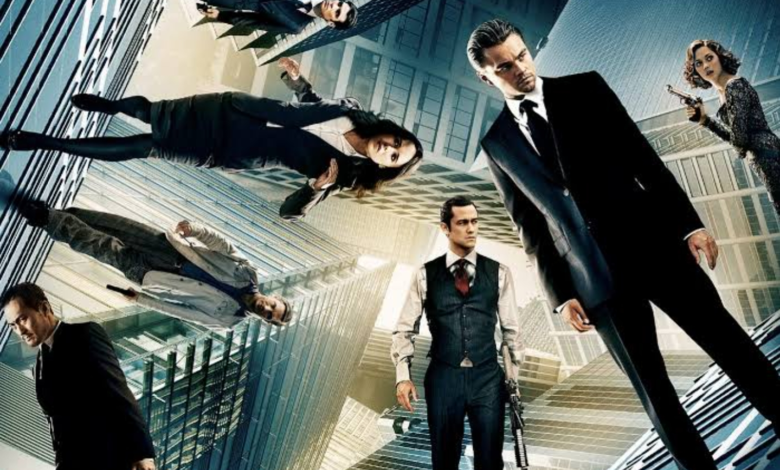Unveiling the Enigmatic Brilliance of Christopher Nolan’s ‘Inception’

In the realm of cinematic masterpieces, few films captivate and confound audiences quite like Christopher Nolan’s “Inception.” Released in 2010, this mind-bending thriller has left an indelible mark on the landscape of modern cinema, pushing the boundaries of storytelling, visual effects, and narrative complexity.
At its core, “Inception” is a heist film unlike any other, set within the framework of dreams within dreams. Led by the enigmatic Dom Cobb, played with haunting intensity by Leonardo DiCaprio, a team of skilled operatives navigates the subconscious minds of their targets to implant or extract valuable information. As the lines between reality and illusion blur, the film challenges viewers to question the nature of perception, memory, and the human psyche.
One of the hallmarks of “Inception” is its innovative approach to visual storytelling. From gravity-defying fight scenes to surreal landscapes that defy logic, Nolan’s meticulous attention to detail and practical effects create a sense of immersion that transports audiences into the labyrinthine depths of the subconscious. The film’s iconic rotating hallway sequence, achieved through a combination of practical sets and cutting-edge visual effects, remains one of the most memorable cinematic moments of the past decade.
But beyond its technical achievements, “Inception” resonates on a deeper level thanks to its rich thematic tapestry. At its heart, the film is a meditation on the power of ideas, the nature of reality, and the eternal quest for redemption. Through its complex narrative structure and morally ambiguous characters, “Inception” invites viewers to contemplate the nature of free will and the consequences of our actions, both conscious and unconscious.
Central to the film’s success is Nolan’s signature blend of intellectual intrigue and emotional resonance. As the story unfolds across multiple layers of dreams, each with its own rules and logic, audiences are drawn into a gripping tale of love, loss, and the search for catharsis. Anchored by standout performances from an ensemble cast that includes Joseph Gordon-Levitt, Ellen Page, and Tom Hardy, “Inception” transcends its genre trappings to become a timeless exploration of the human condition.
A decade after its release, “Inception” continues to inspire and provoke discussion among cinephiles and casual moviegoers alike. Its labyrinthine plot and ambiguous ending invite endless interpretation and analysis, ensuring that each viewing experience is as rewarding and thought-provoking as the last. As we embark on our own journey through the landscapes of dreams and imagination, “Inception” reminds us of the transformative power of cinema to challenge our perceptions, expand our horizons, and leave an indelible mark on our collective consciousness.